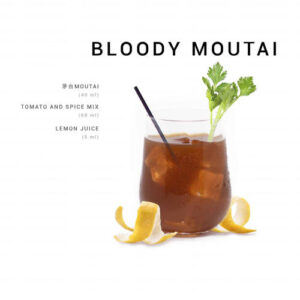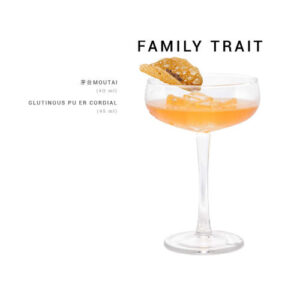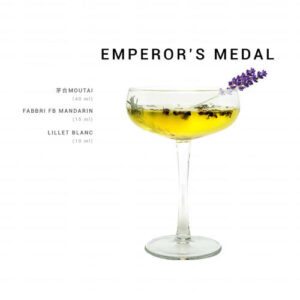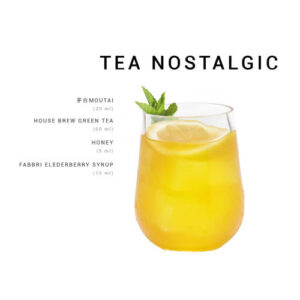FenJiu

Introduction of Fenjiu
Fenjiu is one of the renowned brands of Chinese Baijiu, enjoying a prestigious status as a celebrated Chinese liquor. Originating from Shanxi Province, it is one of the region’s specialties. With a history dating back over 2000 years to the Warring States period, Fenjiu is one of the oldest varieties of Chinese Baijiu. Over millennia of brewing development, Fenjiu has gained worldwide acclaim for its unique flavor and rich taste, earning the love and respect of consumers both domestically and internationally.
Origin and Distillation:
Fenjiu, as one of China’s traditional famous liquors, originates from Fenyang City in Shanxi Province, situated in the Yellow River basin. Benefiting from unique climatic and geographical conditions, Fenyang provides a vital foundation for Fenjiu production. With a long history of brewing that can be traced back thousands of years, Fenjiu’s brewing process incorporates exquisite craftsmanship and rich experience, passed down through generations, and still maintains traditional brewing methods. Firstly, high-quality local grains such as sorghum and wheat are selected as raw materials. After processes like milling and washing, they are fermented using specific microorganisms and local underground spring water. Then, the liquor undergoes aging in traditional cellars for several years or even decades, gradually developing a rich and unique flavor.
Alcohol Content and Flavor Profile:
Fenjiu has gained wide recognition and admiration for its unique alcohol content and taste. Typically, its alcohol content is around 45%, slightly higher than regular Baijiu, which enhances its rich and mellow taste. When tasting Fenjiu, the first sensation is its rich and intense flavor. With its unique aroma of sauce and fresh wheat fragrance, the liquor delights the palate, leaving a lingering aftertaste. Fenjiu has a smooth and mellow taste with a slight sweetness, making it extremely smooth to drink, almost melting in the mouth. At the same time, Fenjiu’s taste also reflects its unique aged flavor. After long-term aging, Fenjiu becomes more mellow and its taste more complex, with a lingering finish. Each sip of Fenjiu seems to tell a story of the years, allowing one to feel the sediment of time and the accumulation of wisdom.
History and Cultural Significance:
Fenjiu has a long history dating back to the Shang and Zhou dynasties of ancient China. As early as around 1600 BC, Fenjiu began brewing and became a primary beverage at aristocratic banquets of the time. Over thousands of years of development, Fenjiu gradually evolved into one of the traditional famous liquors of China, deeply loved by people. Its brewing technique has been passed down through generations, reflecting the ancient wisdom and diligence of the laboring people. Fenjiu’s brewing process incorporates various grains such as wheat and sorghum, combined with unique local underground spring water, and aged for several years or even decades, resulting in a rich and unique taste.
The production of Fenjiu not only emphasizes the selection of raw materials and brewing techniques but also values the accumulation of time and the inheritance of spirit. Each bottle of Fenjiu embodies the wisdom and ingenuity of the brewers, as well as the respect and inheritance of traditional culture. It is not just a beverage but also a symbol of culture, representing the diligence and wisdom of the people of Shanxi.
Baijiu Knowledge
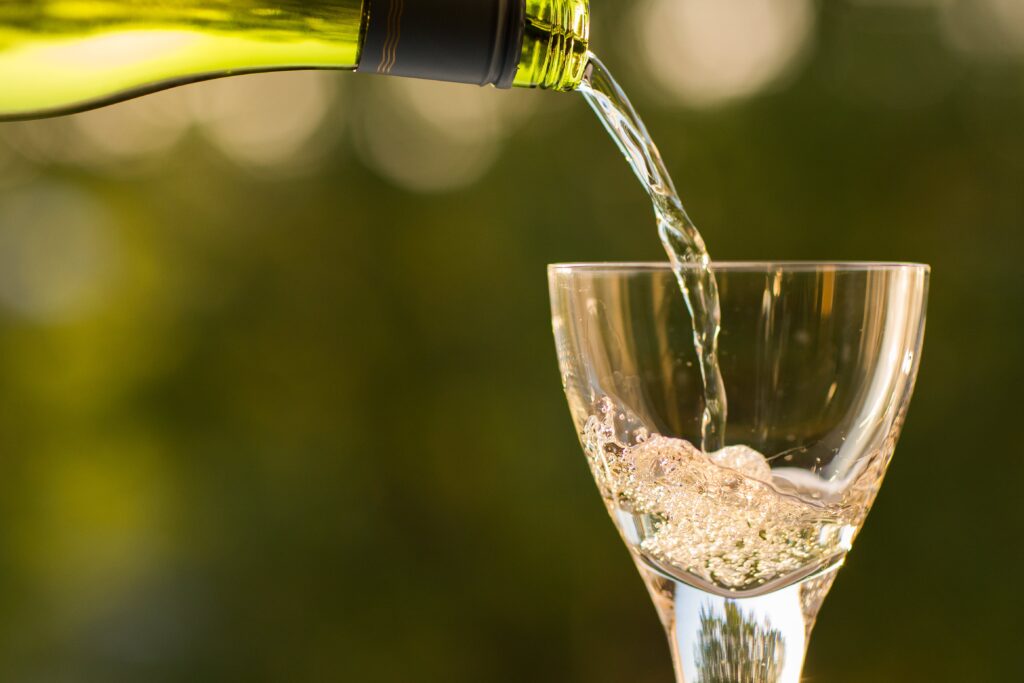
Moutai is a brand of baijiu, a distilled Chinese liquor, made in the town of Moutai in China’s Guizhou province. Produced by the state-owned Kweichow Moutai Company, the beverage is distilled from fermented sorghum and now comes in several different varieties. Maotai originated during the Qing Dynasty (1644–1911), when northern Chinese distillers introduced advanced techniques to local processes to create a distinctive type of baijiu.
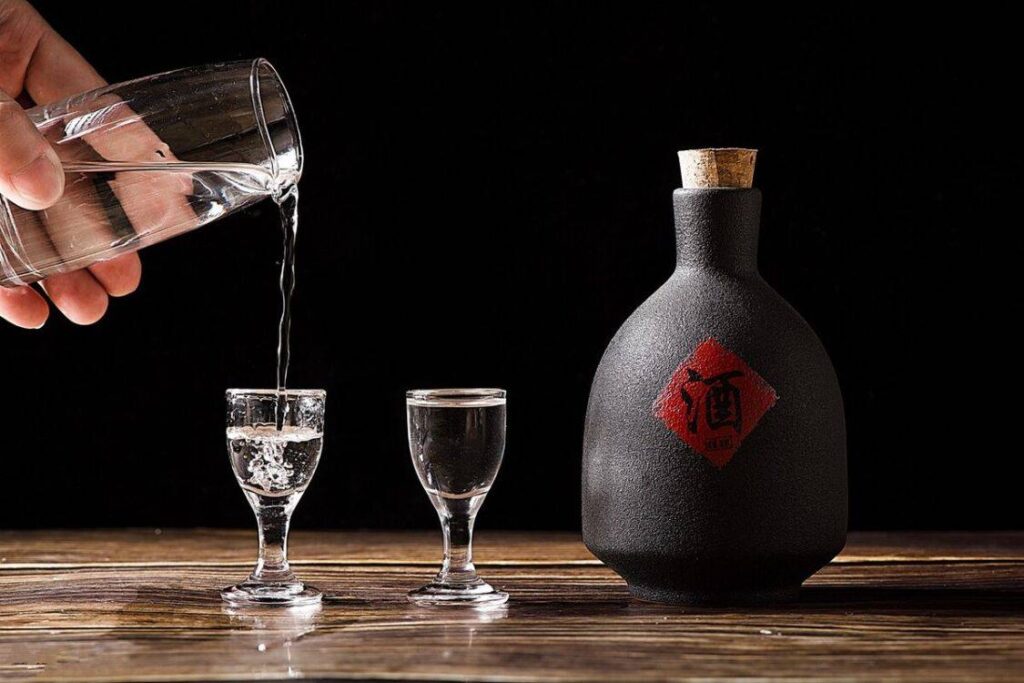
Thereafter Moutai was produced at several local distilleries. During the Chinese Civil War, People’s Liberation Army forces camped at Moutai and partook of the local liquor. Following the Communist victory in the war, the government consolidated the local distilleries into one state-owned company, Kweichow Moutai (the name is an old romanization of ‘Guizhou Moutai’). It became a popular drink at state functions and one of the country’s most popular spirits.

